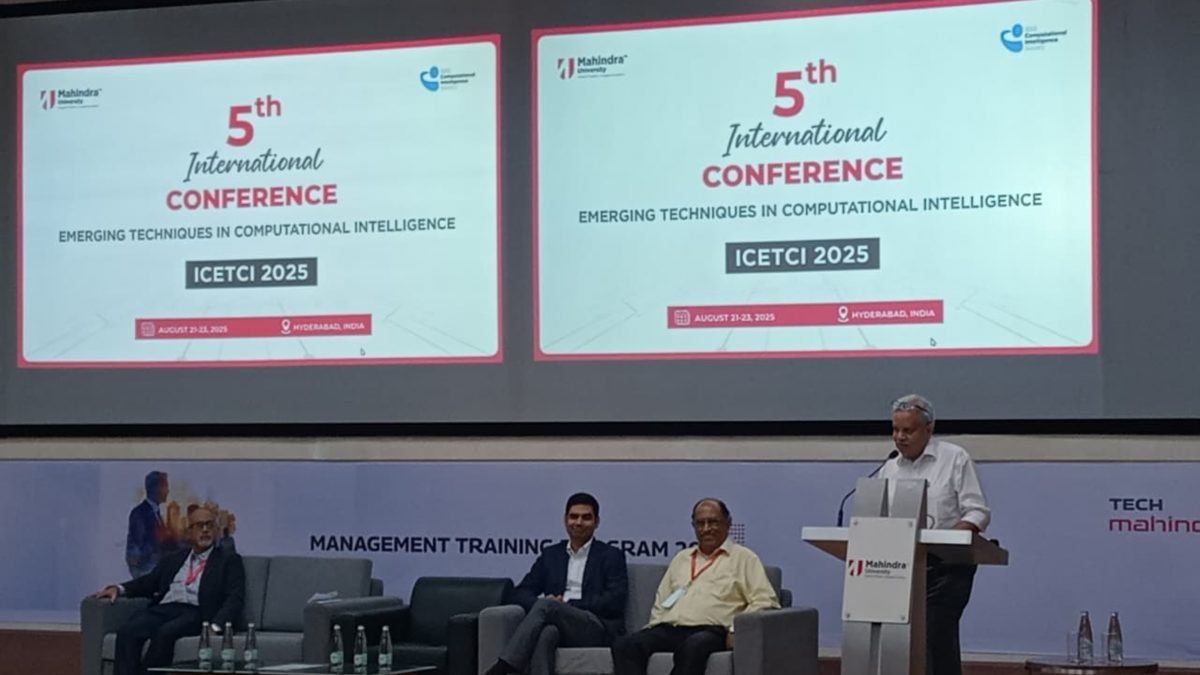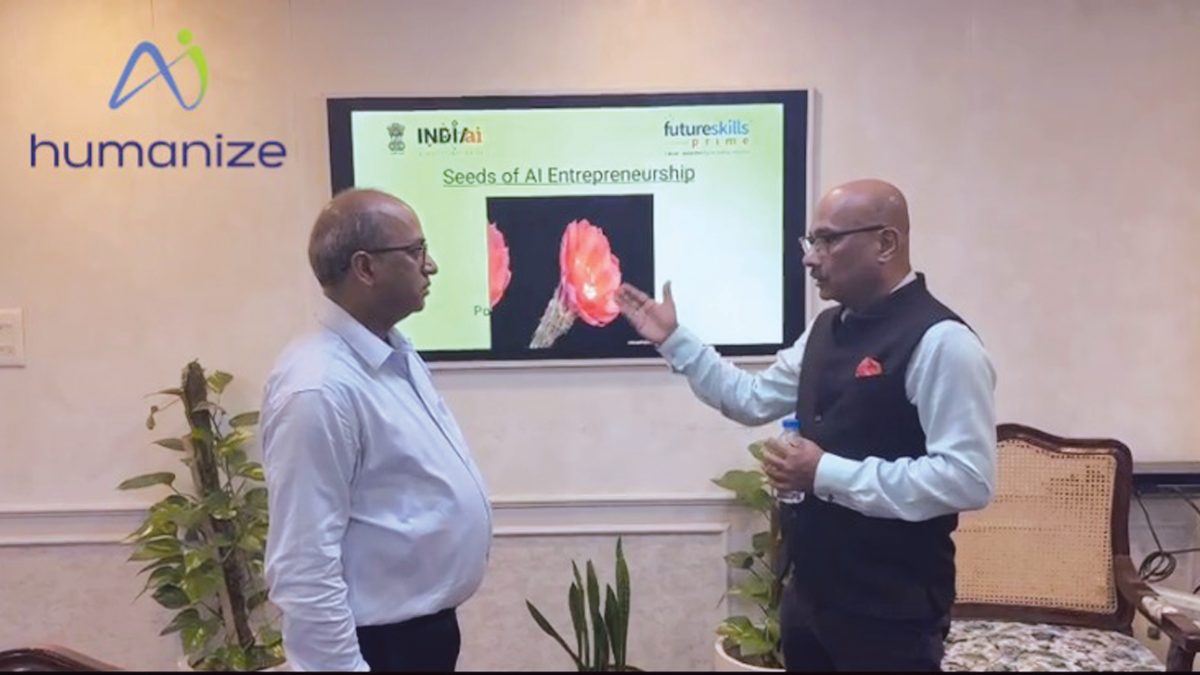ISpA Recommendations for Satcom Industry on Draft National Telecom Policy 2025
Indian Space Association (ISpA) strongly supports the vision outlined in the Draft National Telecom Policy 2025 (NTP-25) and has offered detailed recommendations to ensure India’s telecommunications ecosystem evolves into a globally competitive, secure and inclusive digital infrastructure. ISpA recognizes the transformative potential of emerging technologies such as Artificial Intelligence, Machine Learning, Wi-Fi 6, Non-Terrestrial Networks (NTN), Non-Geostationary Satellite Communication (NGSO) and IoT in shaping India’s digital future.
Key recommendations made by ISpA to Department of Telecommunications (DoT) are as follows:
· ISpA calls for proactive integration and expansion of satellite communication (Satcom) alongside terrestrial networks to achieve universal and meaningful connectivity, especially in rural and remote areas. We recommend equitable allocation of Digital Bharat Nidhi (DBN) funds to both satcom and terrestrial service providers and embedding satcom solutions in flagship programs such as BSNL 4G Saturation, BharatNet Phase III and school broadband initiatives. Furthermore, rapid-deployment connectivity solutions must be provided for emergency response agencies such as NDRF and SDRF.
· To enhance quality of service and innovation adoption, ISpA urges extending QoS regulations beyond operators to include OEMs and critical equipment manufacturers, utilizing alternative technologies like Satcom, RF and High-Altitude Platform Systems (HAPS) to consistently meet SLA benchmarks and harmonize standards with global benchmarks including disaster recovery protocols.
· ISpA proposes the active promotion of satellite-based Internet of Things (IoT) applications to accelerate digital transformation across critical sectors such as agriculture, fisheries, telemedicine, and fleet tracking, recognizing the vast potential of Satcom for enabling real-time connectivity and data-driven solutions in these domains. In addition, ISpA stresses the importance of acknowledging and strengthening the role of Satcom in supporting national security, communication resiliency, defence operations, UAV connectivity, and independent network infrastructures. To build a robust and self-reliant Satcom ecosystem, ISpA urges fostering Make-in-India initiatives focused on developing a skilled workforce, boosting local R&D capabilities and expanding domestic manufacturing of satellite communication equipment. To support the rapid adoption of cutting-edge technologies, ISpA calls for enabling policy frameworks and experimental spectrum access that supports private 5G networks and Non-Terrestrial Networks (NTN).
· ISpA recommends defining a “Trusted Supplier” certification roadmap for MSMEs and OEMs to establish credibility and trust in the domestic manufacturing ecosystem. To strengthen the supply chain, incentives should be extended to upstream spacetech system and component providers. Testing and certification infrastructure must be fast-tracked with simplified compliance processes tailored for MSMEs. Exports of Indian-designed telecom systems should be facilitated through Mutual Recognition Agreements (MRAs), export credit and trade missions. Additionally, access to experimental spectrum and labs should be enabled for validation and development of technologies such as 6G, Satcom and private networks.
· ISpA recommends implementing a Single-Window System for network, frequency and import licensing approvals to streamline processes and reduce deployment time. Additionally, we suggest delicensing VSAT terminals that connect only to licensed hubs and removing the Dealer’s Premises License (DPL) requirement for retail and e-commerce distribution to simplify regulatory compliance and promote broader accessibility.
· ISpA recommends aligning the Telecom Act with other key regulations including the IT Act, Companies Act, Data Protection (DPDP) Act, environmental and financial laws to ensure regulatory harmonization and reduce compliance friction. Additionally, we support enabling unified, technology-neutral licensing frameworks with comparable obligations across telecom, broadcasting, and digital platforms to foster convergence and ease of doing business.
· On financial sustainability and spectrum policy, ISpA calls for rationalizing license fees by delinking them from the Universal Service Obligation Fund (USOF), reducing Spectrum Usage Charges (SUC) and easing bank guarantee requirements for pre-2021 spectrum holdings. We also advocate developing a rolling five-year spectrum roadmap, conducting spectrum audits of Public Sector Undertakings (PSUs) and enabling long-term spectrum usage rights of up to 40 years to promote investment certainty and sector growth.








